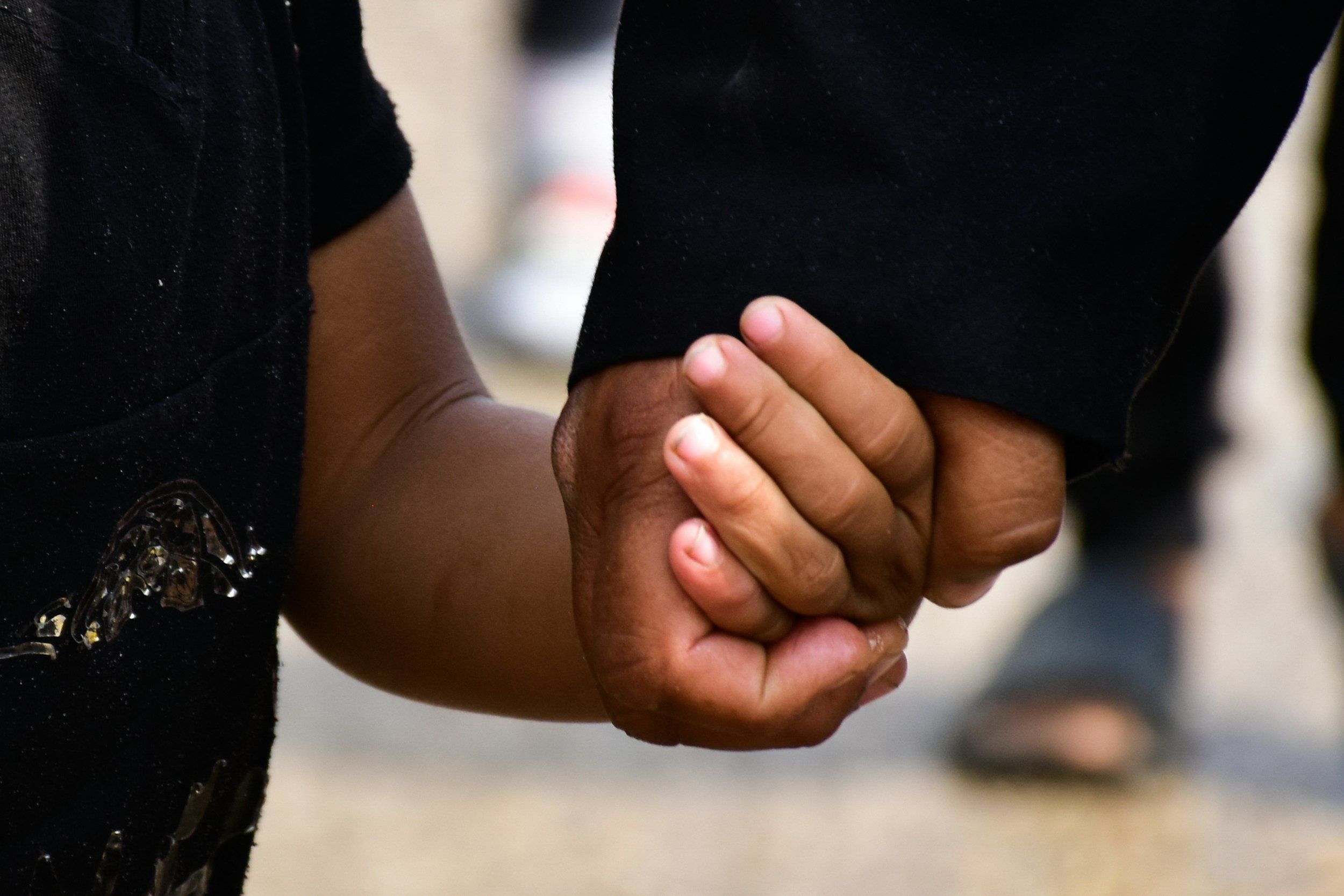
Resources & hotlines
Crisis and Suicide Resources
-
Crisis Text Line
Offers free, 24/7 emotional support for those in crisis
Struggling? Get free, confidential support from a real human over the phone, text, or via webchat.
Text SUPPORT to 741-741 or visit the website.
Get Support -
National Suicide Prevention Lifeline
A 24-hour, toll-free, confidential suicide prevention hotline for anyone in suicidal crisis or emotional distress.
Dial 988 for immediate support or call 1-800-273-TALK (8255)
-
National Runaway Safeline
Helps those impacted by child abuse by providing 24/7 confidential crisis counselor support in over 170 languages.
Crisis intervention, information, and referrals to thousands of support services.
Call: 1-800-RUNAWAY (1-800-786-2929) or visit the website
-
National Sexual Assault Hotline
Trained professionals helping those impacted by sexual violence nationwide.
Call:1-800-656-HOPE (4673) or visit the website
-
National Domestic Violence Hotline
24/7 free, confidential support from highly trained experienced advocates offering support, crisis intervention information, and referral services.
Call:1-800-799-7233 or visit the website
2SLGBTQIA+ support
-
Trevor Support Center
Crisis intervention and suicide prevention for 2SLGBTQIA+ and questioning youth, available 24/7/365
Text the word “START” to 678-678 or call 1-866-488-7386
-
Find a Helpline
Struggling? Get free, confidential support from a real human over the phone, text, or web chat.
Provided by Born This Way Foundation
-
LGBTQIA+ Friendly Drug Rehab Facilities
This is a list of drug and alcohol addiction treatment options that are LGBTQIA+ friendly. All data has been pulled from the Government Database Samhsa.gov and provided by Drug Rehab USA
-
Everywhere is Queer
A public resource (and ever-growing searchable map!) created for the LGBTQIA2S+ and ally community to find welcoming, queer-owned spaces to shop, connect, eat, learn, and grow all over the world… even in your own neighborhood!
Transgender Resources
-
TransFamily Support Services
TransFamily Support Services is dedicated to saving the lives of Transgender and Gender Non Binary youth by empowering them with education, support, resources, and advocacy through their transition.
-
Trans Lifeline
Trans Lifeline provides trans peer support for our community that's been divested from police since day one. They are run by and for trans people.
-
Trans Youth Equality Foundation
The Trans Youth Equality Foundation provides education, advocacy, and support for transgender and gender non-conforming children and youth and their families.
-
PFLAG Transgender Resources
PFLAG offers many resources for 2SLGBTQ+ Youth and their families including many Transgender specific resources.
BIPOC Mental Health Resources
-
Aakoma Project
AAKOMA believes that to meet the mental health needs of Youth of Color, we need to operate at three levels – raising consciousness among individuals, providing accessible tools for ongoing management, and shifting systems to receive youth and provide better care.
-
Black Trans Advocacy Coalition
Assisting Black transgender people with the resources needed, free of discrimination
Available to you by Live Chat Support or Phone at 855-624-7715, &/or by appointment virtually or at their office. Open 3 days a week, Tuesday – Thursday 10 am – 6 pm CST
Substance Abuse Help
-
Substance Abuse & Mental Health Services Administration (SAMHSA)
Provides help for those facing prescription drug misuse and abuse with intervention, prevention, treatment, and recovery support services.
Call:1-800-662-HELP (4357) for prevention and treatment support.
-
Rehabspot
While substance abuse is dangerous for someone of any age, it is particularly risky for teens, whose bodies and minds have not yet developed. There are many health effects of teen substance abuse, most of which are negative.
Call 877-648-4288
College Resources
-
EvolveMe
Prep for life after high school and earn rewards.
-
Campus Pride Index
The leading national nonprofit organization for student leaders and campus groups working to create safer, more LGBTQ-friendly learning environments at colleges and universities.
-
College Guide for 2SLGBTQIA+ Students
Learn about common experiences and challenges for 2SLGBTQIA+ college students. Discover how your campus can support LGBTQ+ learners.
Support Communities Age 20+
-
Feeling Kinda Blue
Feeling Kinda Blue is a social networking site established to serve those living with depression, anxiety, grief, emotional pain, and other mental illnesses.
-
Coalition to End Social Isolation & Loneliness
Engages in education, increases public awareness, promotes innovative research, and spurs the development and implementation of evidence-based models that address social isolation/loneliness and social connection.
Cyber-Bullying Support
-
The Bully Project
It’s easy to feel powerless or alone when faced with bullying. You can find there a lot of great tools and advice and help.
-
Sunshine Behavioral Health
A resource guide providing hotlines for help, cyber-bullying information, advice for parents on cyber-bullying, and mental health info.
-
Preventing Cyber Bullying
Hotlines for help, signs of cyber-bulling, and tactics for dealing with it.
Other Resources
-
Childhelp National Child Abuse Hotline
Helps those impacted by child abuse by providing 24/7 confidential crisis counselor support in over 170 languages. Crisis intervention, information, and referrals to thousands of support services
Call:1-800-422-4453
-
National Alliance on Mental Illness
Dedicated to helping those affected by mental illness, trained professionals run the NAMI HelpLine.
Call:1-800-950-NAMI (6264) or Email info@nami.org
-
National Eating Disorders Association
Support for individuals and families affected by eating disorders Call:1-800-931-2237 or take this short screening for ages 13 and up can help determine if it's time to seek professional help.
-
Planned Parenthood
Runs over 700 health centers and provides info on health, sex, and family planning.
Call:1-800-239-PLAN (7526)
-
CHC - Teen Therapy Services
Free 30-minute consultations, Teletherapy, Teen DBT skills groups, and Financial assistance are available.
-
National Human Trafficking Hotline
If you or someone you know is a victim of human trafficking, the NHTH is here to provide the support you need.